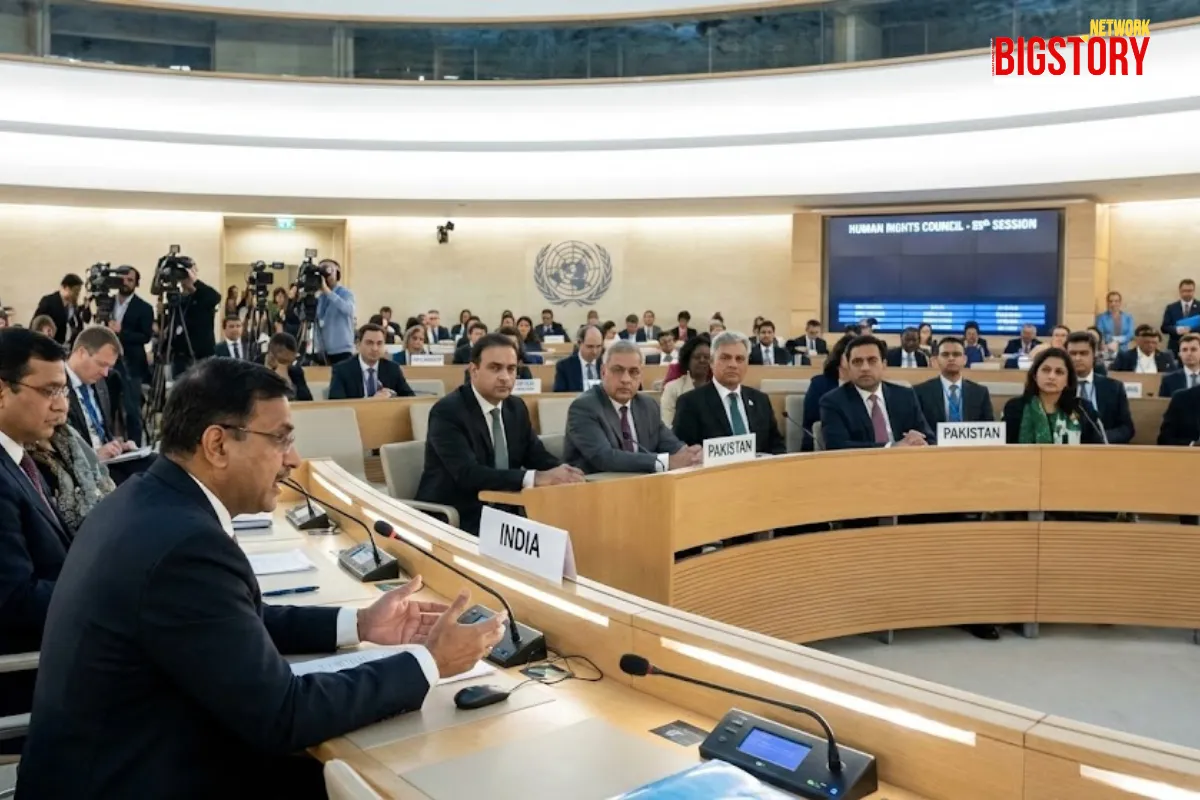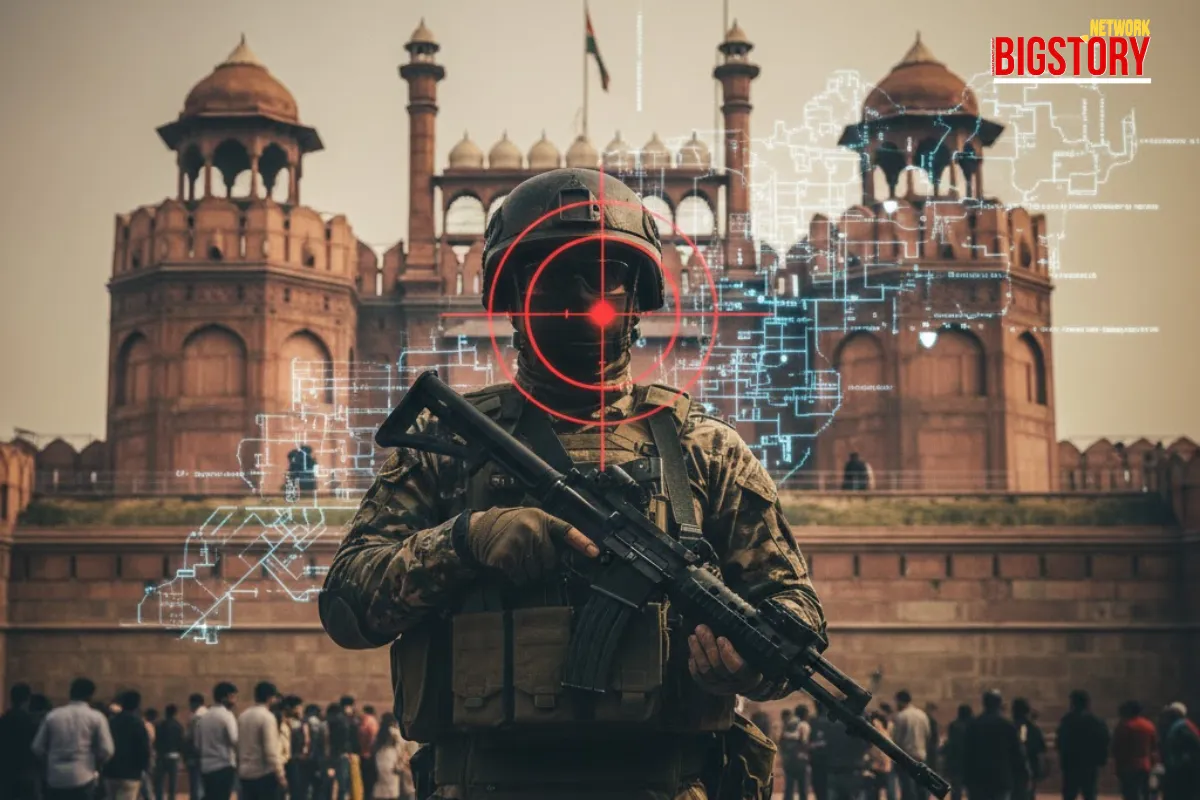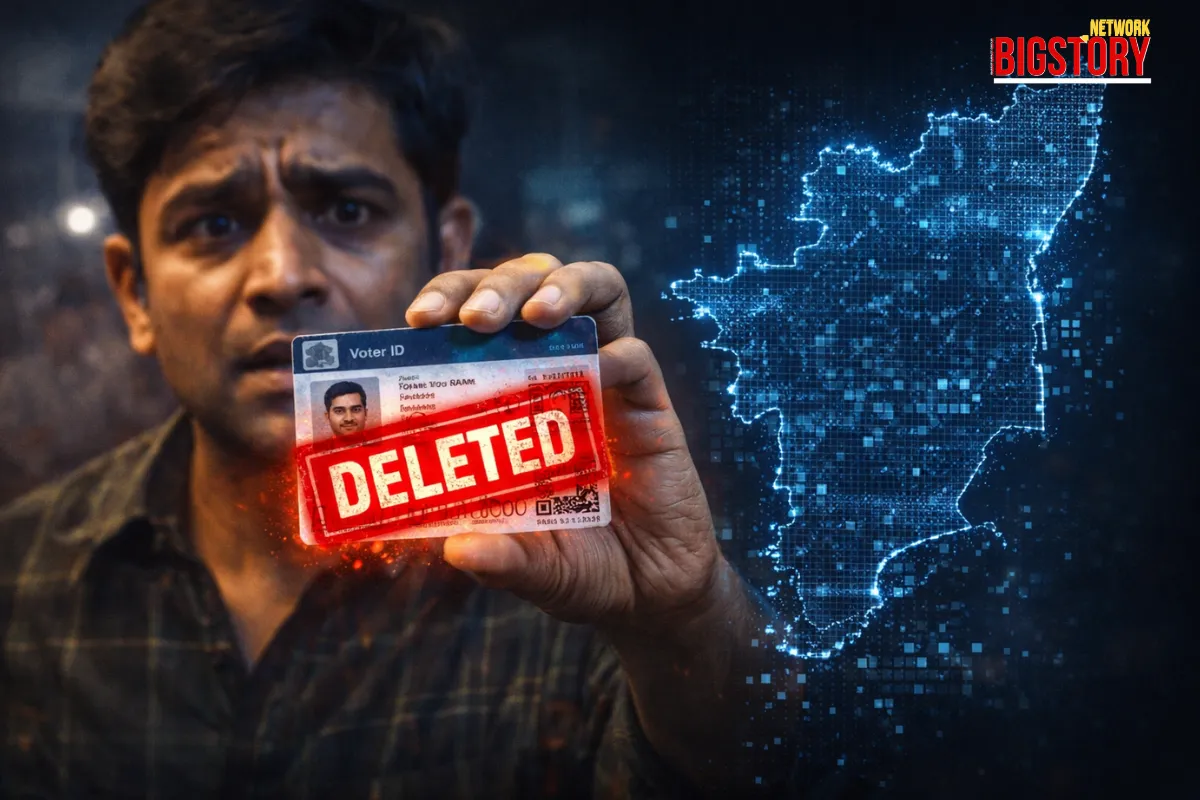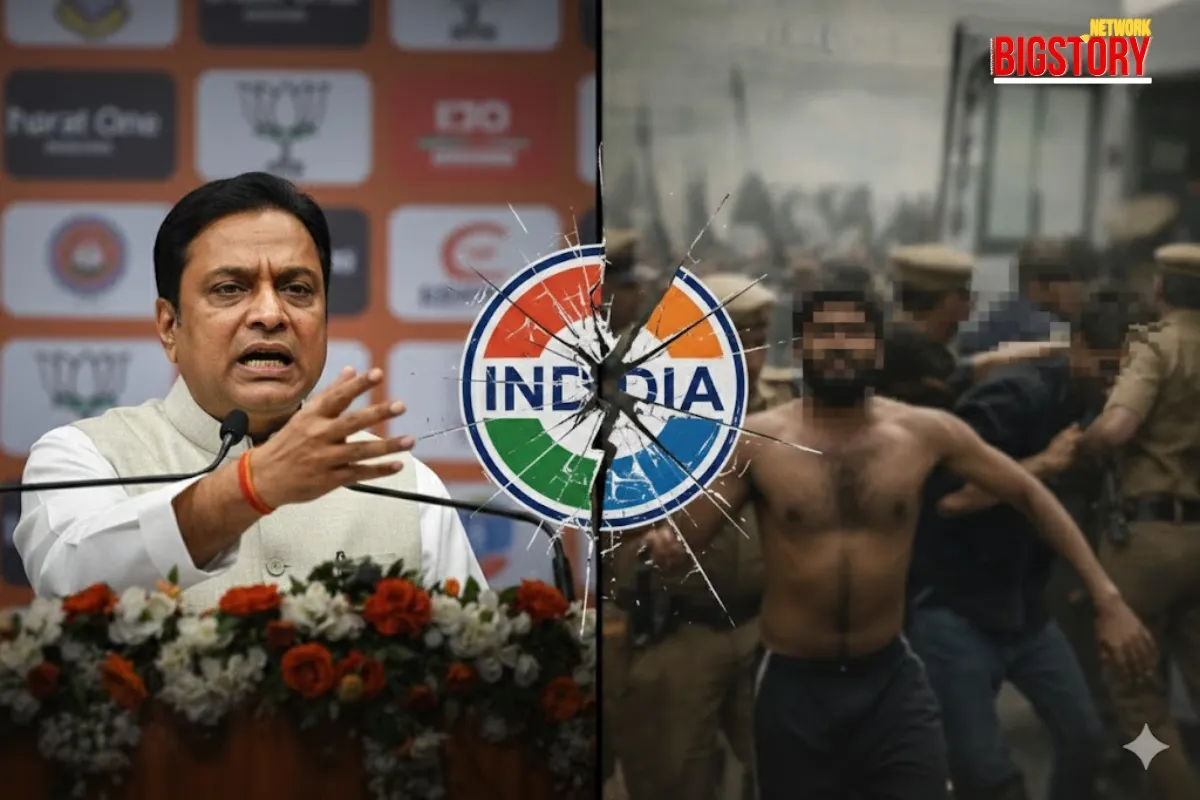Bareilly under high alert: Internet shut down for 48 hours, 8,500 security deployed, protests over “I Love Muhammad” poster row spark tension.
 Brajesh Mishra
Brajesh Mishra
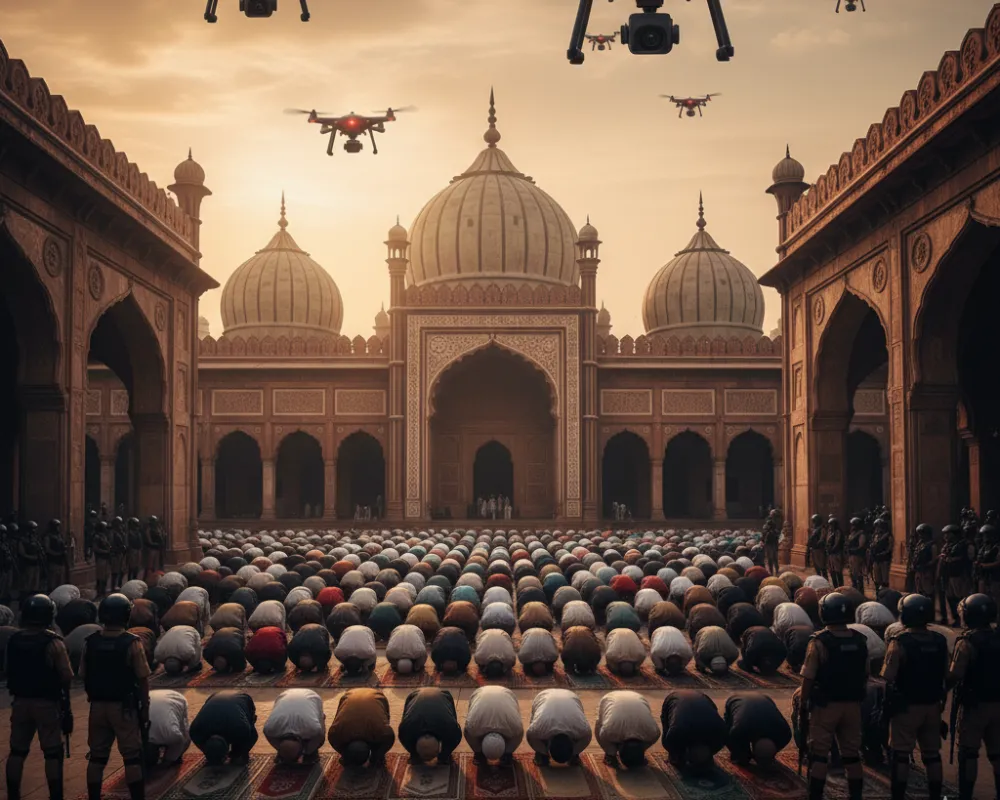
Bareilly, Uttar Pradesh: The district of Bareilly remains on edge as authorities imposed a 48-hour internet suspension and deployed thousands of security personnel ahead of Friday prayers, following last week’s violent clashes over the “I Love Muhammad” poster row.
The internet shutdown, ordered under Section 7 of the Telegraph Act, 1885 and the 2017 Telecom Suspension Rules, began on October 2 at 3 PM and will continue until October 4 at 3 PM.
The restrictions extend to mobile data, broadband, SMS services, and social media platforms such as WhatsApp, Facebook, and YouTube. Officials say this was necessary to prevent rumor-mongering and communal flare-ups.
Over 8,500 security personnel, including UP Police, PAC, and RAF, are stationed across Bareilly. The city has been divided into security zones, monitored by drones and CCTV. Senior IPS officers from neighboring districts have been sent to oversee operations.
“Internet will remain suspended for 48 hours, considering the sensitivity of the situation,” said City Magistrate Alankar Agnihotri.
UP Home Secretary Gaurav Dayal signed the shutdown order, warning that “social media platforms may be misused to incite violence.”
Chief Minister Yogi Adityanath struck a defiant tone, saying: “A Maulana forgot who is in power in the state. He thought he could halt the system at will, but we made it clear there would be neither a blockade nor a curfew.”
Meanwhile, clerics from Dargah Ala Hazrat called off the October 4 Gyarvi Sharif procession and appealed for peace. “Offer namaz peacefully and return home promptly,” said the Ala Hazrat Association.
Digital rights advocates like SFLC.in flagged the shutdown as part of India’s rising trend of internet suspensions, questioning the balance between law-and-order needs and citizens’ rights.
AIMIM chief Asaduddin Owaisi criticized the crackdown, asking: “Can say ‘I love Modi’ but not ‘I love Muhammad’ in India?” while urging restraint from protesters.
The blackout has hit digital payments, banking, and e-commerce, with traders reporting losses. Students preparing for exams also face disruptions.
Since the September 26 clashes, 81 arrests have been made. Bulldozer action has been taken against properties linked to the accused. Authorities are using CCTV and drone footage to identify more suspects.
The Bareilly unrest highlights India’s struggle between religious expression and state authority, as well as the government’s increasing use of internet blackouts as a policing tool.
The “I Love Muhammad” campaign has spread beyond UP to Maharashtra, Gujarat, and Uttarakhand, showing its nationwide resonance. With Friday prayers underway under tight watch, Bareilly has become a testing ground for how India manages communal flashpoints in the digital era.
1. Why is Bareilly under high alert?
Bareilly is under high alert due to violent clashes on September 26, 2025, following protests over the "I Love Muhammad" poster controversy. Authorities are taking preventive measures to avoid fresh violence during Friday prayers.
2. Why has the internet been suspended in Bareilly?
The internet shutdown was imposed to prevent the spread of rumors and inflammatory content on social media that could escalate communal tensions.
3. How long will the Bareilly internet shutdown last?
Internet, SMS, and social media services have been suspended for 48 hours, from 3 PM on October 2 until 3 PM on October 4, 2025.
4. Which areas are affected by the internet suspension?
The suspension covers Bareilly district, with high alerts issued for Shahjahanpur, Pilibhit, and Budaun in the Bareilly division.
5. How many security personnel are deployed?
Over 8,500 personnel, including police, PAC, and RAF, are deployed. Drone surveillance and CCTV monitoring are also being used.
6. Who is Maulana Tauqeer Raza Khan and why was he arrested?
Maulana Tauqeer Raza Khan, a Barelvi cleric and president of the Ittehad-e-Millat Council, was arrested as the alleged mastermind behind the September 26 violence. He faces multiple FIRs and is in judicial custody.
7. What legal framework allows such internet bans?
The suspension was ordered under Section 7 of the Indian Telegraph Act, 1885, and the Temporary Suspension of Telecom Services Rules, 2017.
8. How does the shutdown affect people?
It impacts digital payments, online businesses, students, and daily communication, creating both economic and social disruptions.
9. Has Bareilly faced internet cuts before?
Yes. Authorities had already suspended internet services from September 27–29 after the first wave of violence.
10. What is the wider significance of the controversy?
The issue reflects tensions around religious expression, state response, and digital rights in India. The "I Love Muhammad" campaign had spread to several states, showing its nationwide resonance.

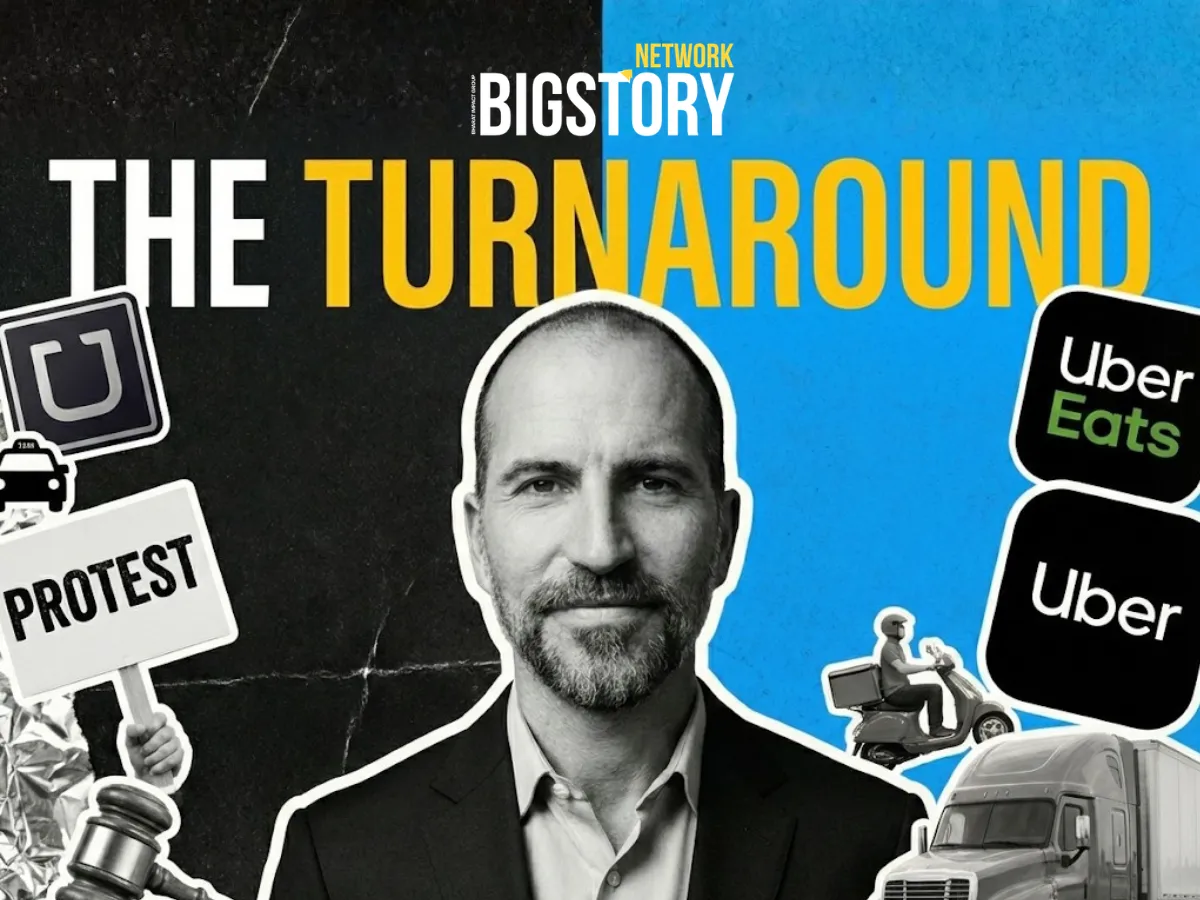

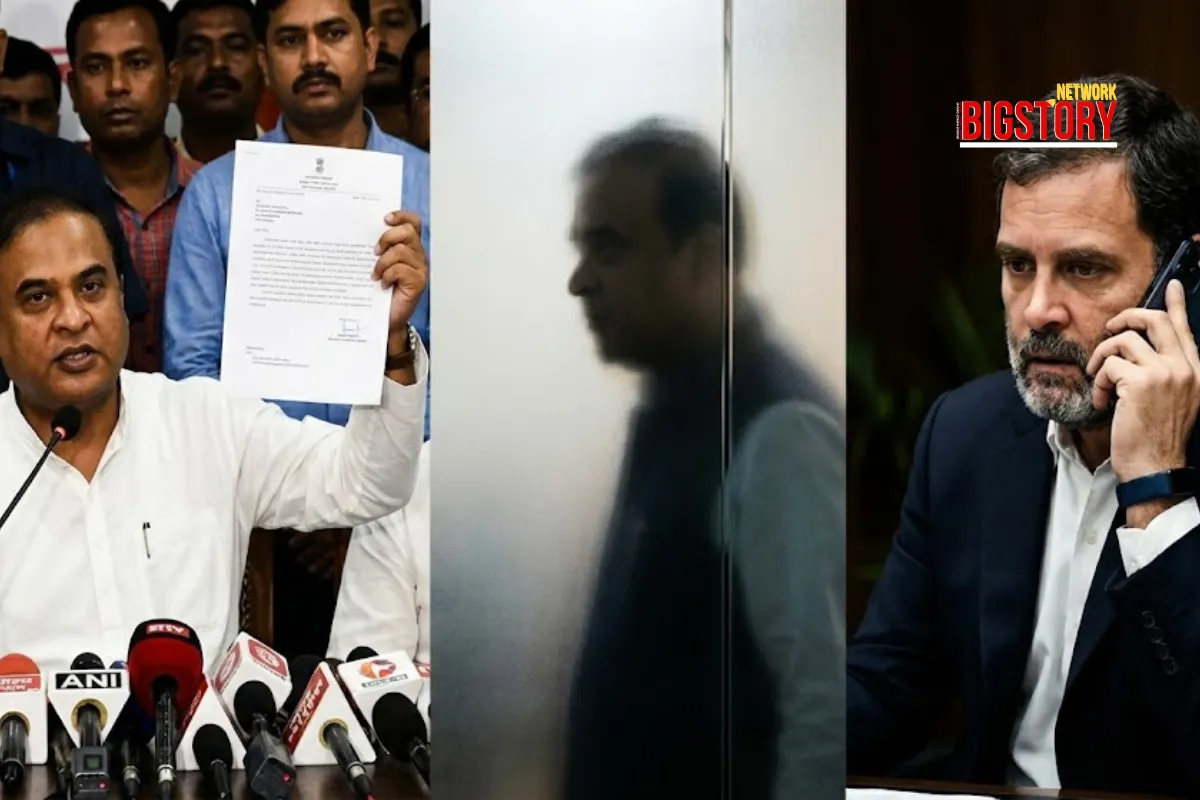

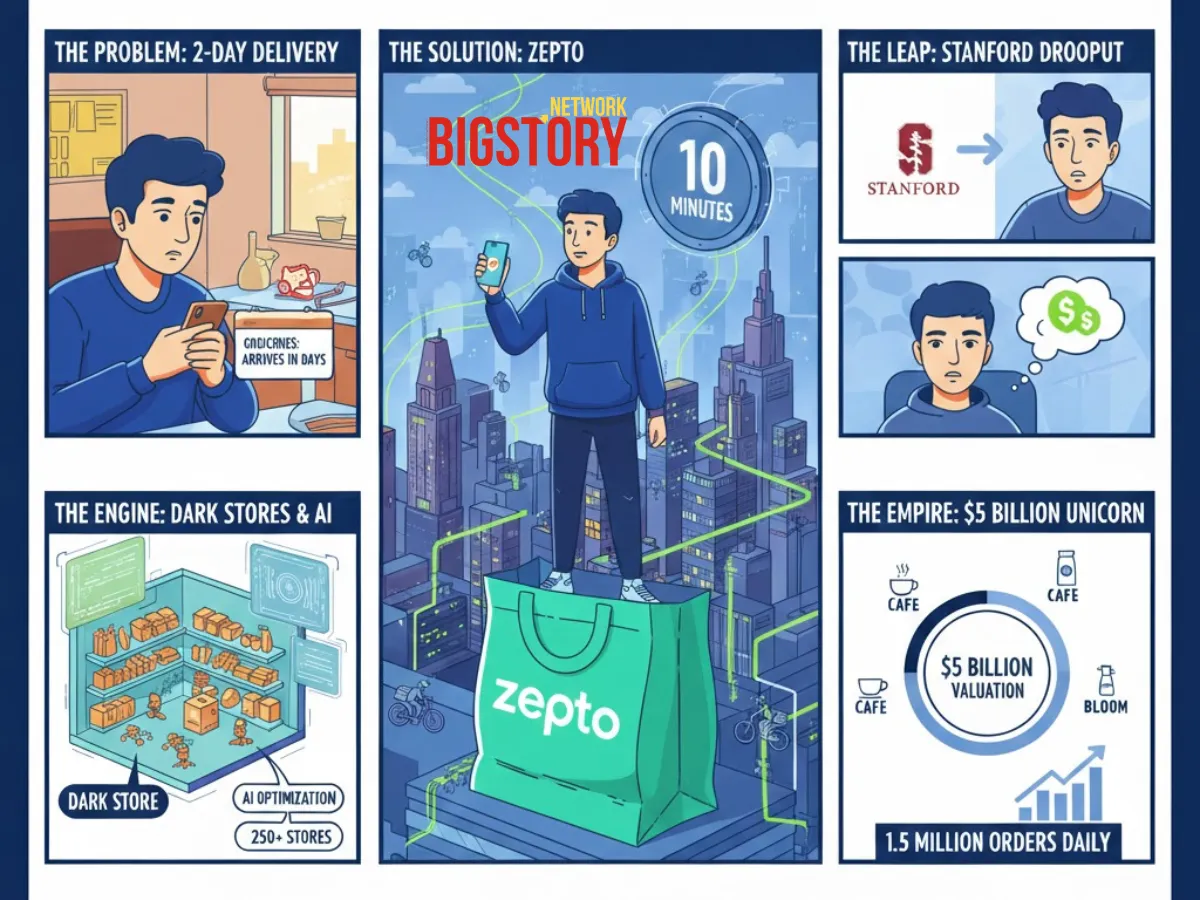
Sign up for the Daily newsletter to get your biggest stories, handpicked for you each day.
 Trending Now! in last 24hrs
Trending Now! in last 24hrs
